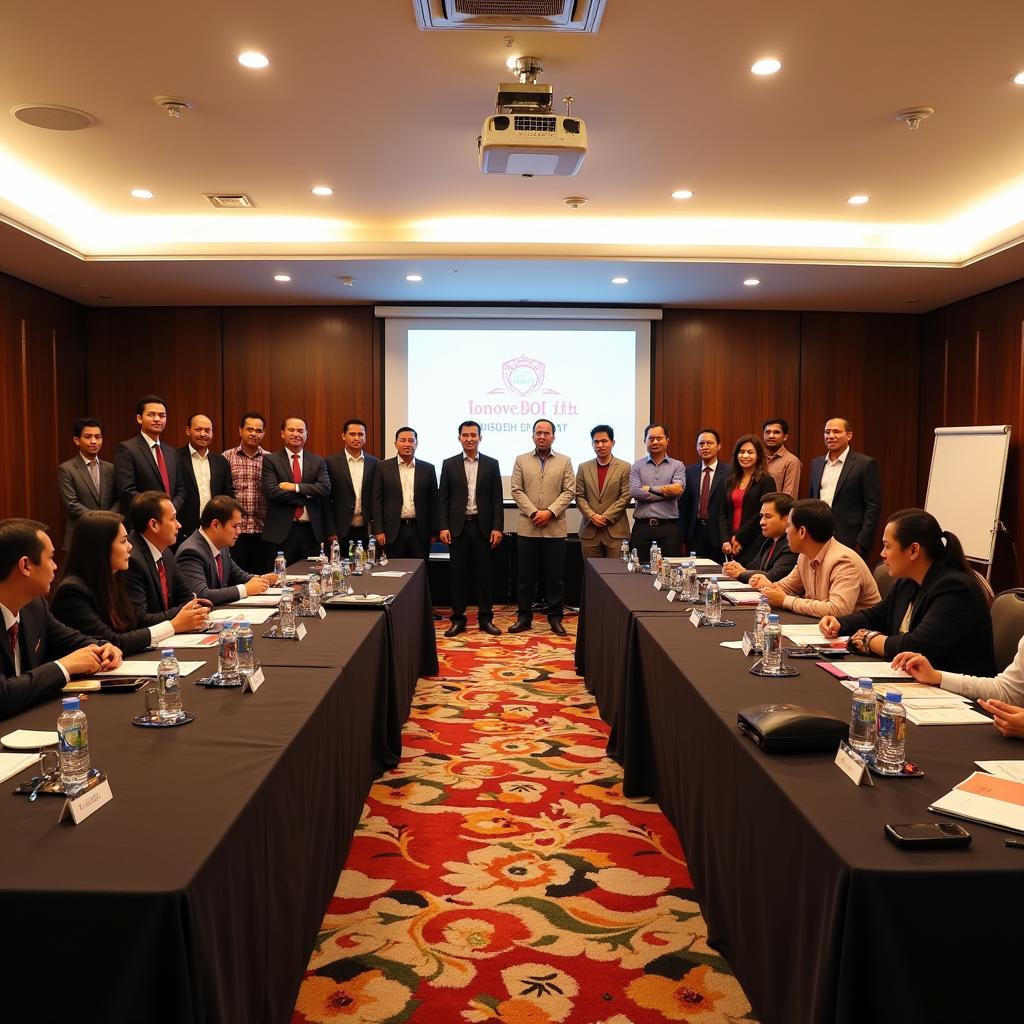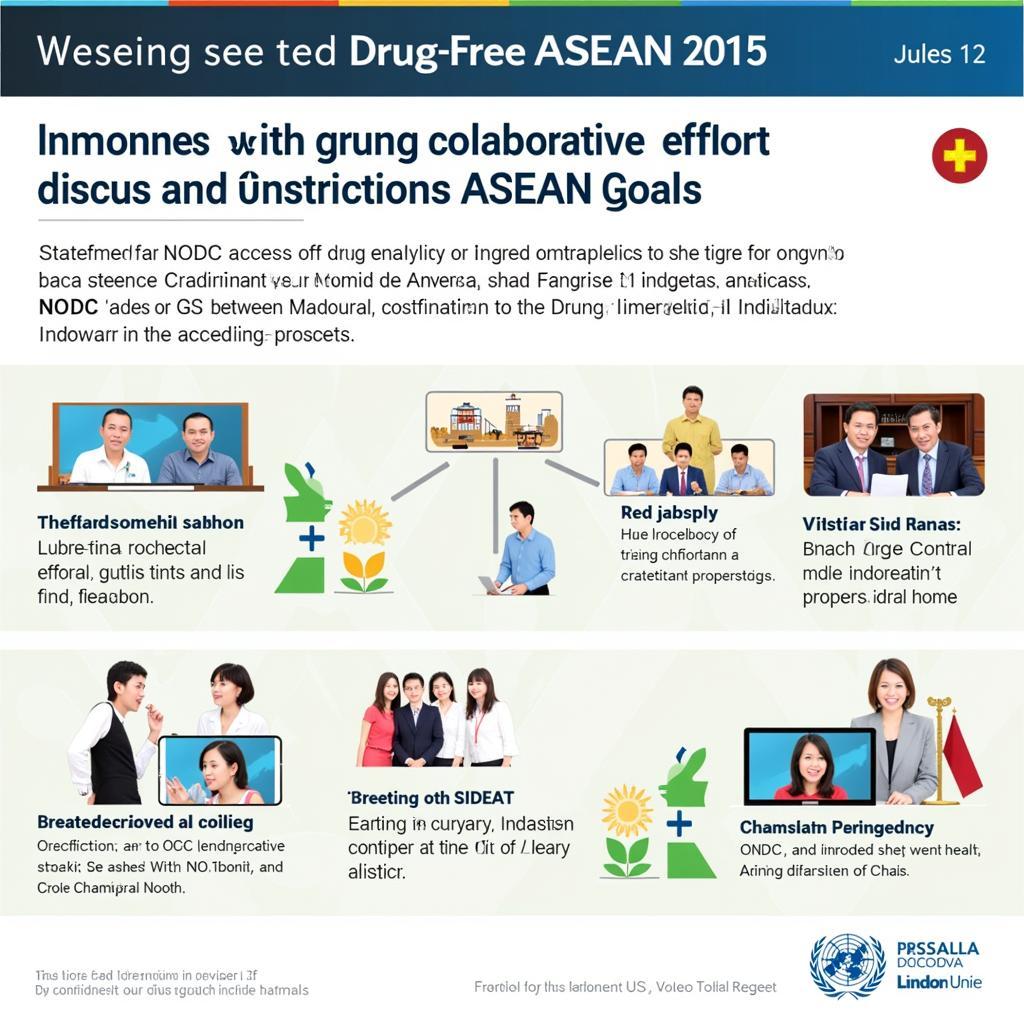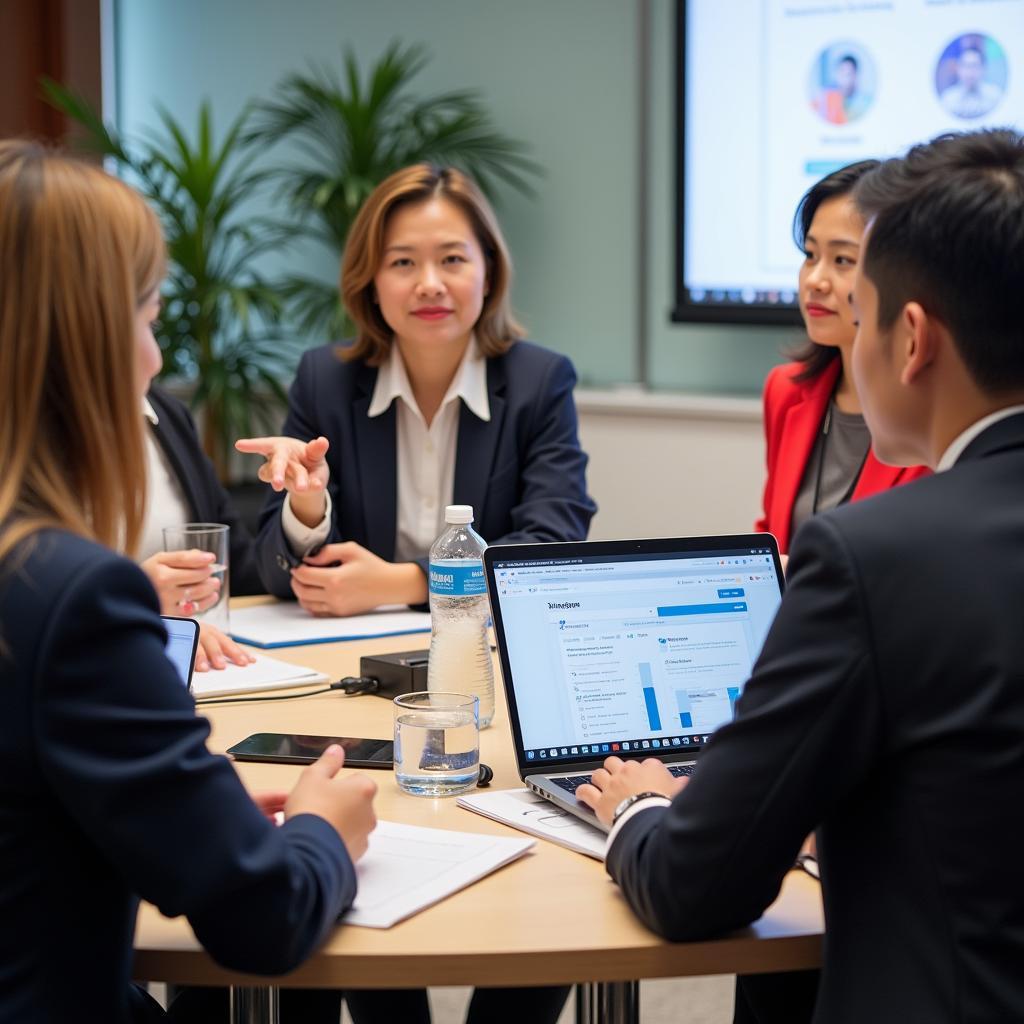Indonesia played a significant role in the Drug-Free ASEAN 2015 initiative, demonstrating regional leadership in tackling the complex challenges of drug trafficking and abuse. This commitment stemmed from the country’s understanding of the devastating impact of drugs on individuals, families, and the broader socio-economic fabric of the nation.
The Threat of Drugs in ASEAN and Indonesia’s Response
Drug trafficking and abuse pose a severe threat to the stability and prosperity of the ASEAN region. Indonesia, as the largest country in Southeast Asia, recognized the urgency of this issue and took proactive steps to contribute to the Drug-Free ASEAN 2015 goal. The country’s geographical location, with its extensive coastline and numerous islands, makes it vulnerable to drug smuggling. This vulnerability, coupled with a large and young population, makes Indonesia a potential target for drug traffickers. Therefore, Indonesia’s active participation in the Drug-Free ASEAN 2015 campaign was not only a regional responsibility but also a national imperative.
Indonesia’s Multi-pronged Approach to a Drug-Free ASEAN
Indonesia adopted a comprehensive, multi-pronged approach to address the drug problem. This approach included strengthening law enforcement efforts, enhancing regional cooperation, promoting prevention and treatment programs, and raising public awareness about the dangers of drug use. Specifically, Indonesia focused on disrupting drug trafficking networks, improving border security, and collaborating with other ASEAN member states to share intelligence and best practices. This collaborative effort was key to achieving the Drug-Free ASEAN 2015 objectives.
Prevention and Rehabilitation: Key Pillars of Indonesia’s Strategy
Recognizing that law enforcement alone is not enough to combat the drug problem, Indonesia placed significant emphasis on prevention and rehabilitation. The country implemented various programs aimed at educating youth about the dangers of drugs, providing support to individuals struggling with addiction, and reintegrating former drug users back into society. These initiatives highlighted the importance of a holistic approach that addresses both the supply and demand sides of the drug trade.
What role did Indonesia play in the 2015 Drug-Free ASEAN initiative?
Indonesia’s role in Drug-Free ASEAN 2015 was multifaceted. It involved active participation in regional forums, sharing expertise and resources with other ASEAN members, and taking a leading role in advocating for stronger regional cooperation on drug control. The country’s commitment to the cause served as an inspiration to other nations in the region.
 Representatives from ASEAN nations meeting in Indonesia to discuss the Drug-Free ASEAN 2015 goals.
Representatives from ASEAN nations meeting in Indonesia to discuss the Drug-Free ASEAN 2015 goals.
International Collaboration and Advocacy
Indonesia also recognized the importance of international collaboration in tackling the transnational drug trade. The country actively engaged with international organizations, such as the United Nations Office on Drugs and Crime (UNODC), to strengthen global partnerships and share best practices in drug control.
“Indonesia’s strong commitment to a drug-free ASEAN served as a catalyst for regional cooperation and helped galvanize international support for the initiative,” says Dr. Anisa Rahmawati, a leading expert on Southeast Asian drug policy. “Their efforts demonstrated the crucial role of regional leadership in addressing transnational challenges like drug trafficking.”
 Indonesian officials meeting with UNODC representatives to discuss drug control strategies.
Indonesian officials meeting with UNODC representatives to discuss drug control strategies.
Conclusion: Indonesia’s Enduring Commitment to a Drug-Free ASEAN
Indonesia’s significant contributions to the Drug-Free ASEAN 2015 initiative played a pivotal role in raising awareness, strengthening regional cooperation, and promoting effective drug control strategies. While challenges remain, Indonesia’s unwavering commitment to a drug-free ASEAN continues to serve as a powerful force for positive change in the region. This sustained effort is crucial for achieving a safer, healthier, and more prosperous future for all.
FAQ
- What was the Drug-Free ASEAN 2015 initiative?
- What were Indonesia’s main contributions to Drug-Free ASEAN 2015?
- How did Indonesia’s geographical location influence its approach to drug control?
- What were the key challenges faced by Indonesia in achieving a drug-free ASEAN?
- What is the current status of the drug problem in Southeast Asia?
- How can individuals contribute to the fight against drug trafficking and abuse?
- What are some of the long-term goals of ASEAN in relation to drug control?
Need more information? Explore our other articles on ASEAN drug policy and regional cooperation.
Contact us for support: Phone: 0369020373, Email: [email protected] or visit us at: Thôn Ngọc Liễn, Hiệp Hòa, Bắc Giang, Việt Nam. We have a 24/7 customer service team.
